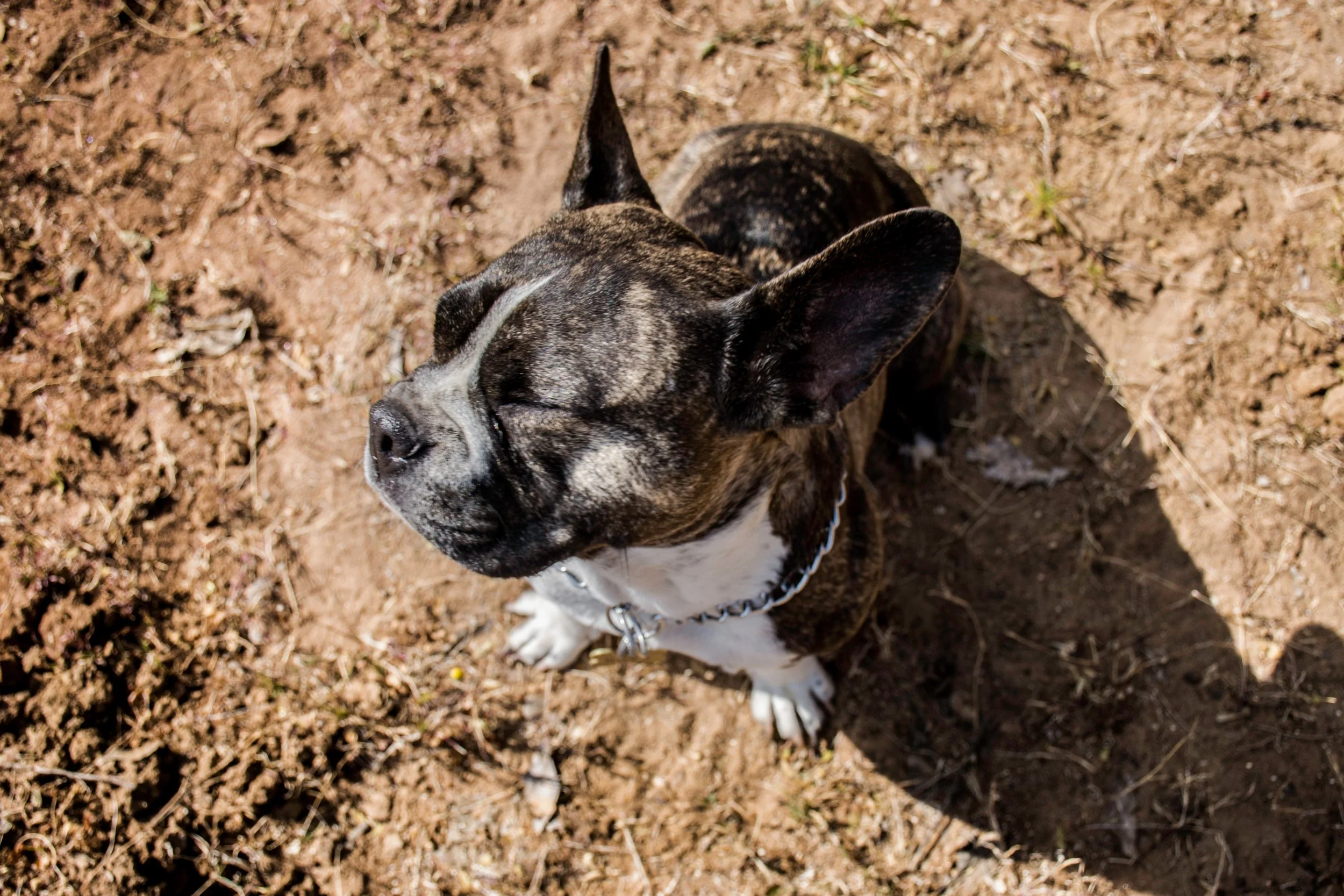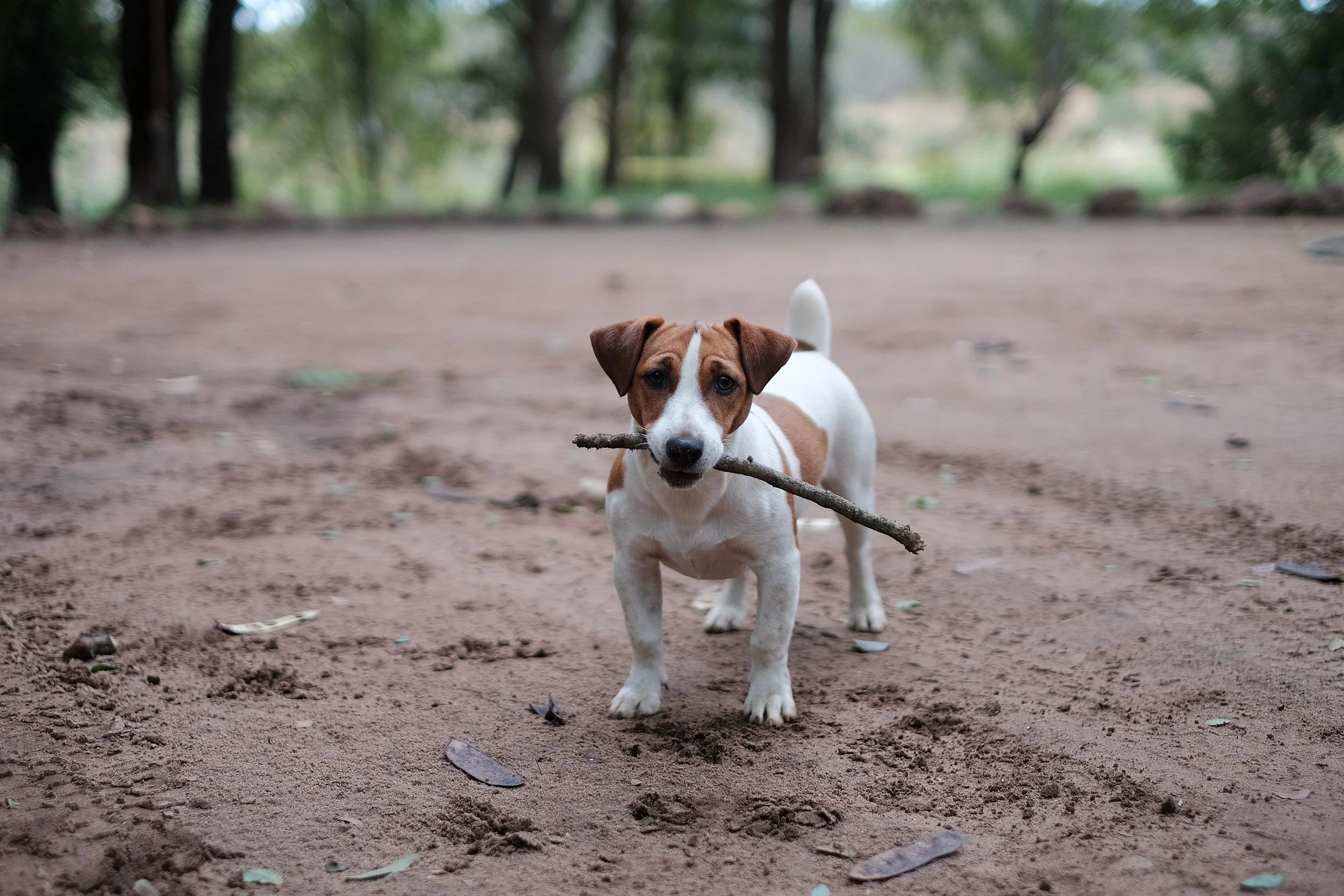Why Is My Dog Eating Dirt?
If you are a pup parent, you may have noticed your dog eating dirt, which is not great. Not only is the habit dangerous, but it can also be indicative that your furry friend may have some health issues. According to PetMD, pups with “dietary deficiencies” will typically try to consume dirt because they need more “minerals, like sodium, iron, and calcium.” For this reason, if you notice the behavior, you should head to the vet to determine if you need to change your dog’s diet. The vet can also see if eating dirt has caused any damage to your dog, as they could have swallowed a foreign object or something toxic.
Photo by María Gámez on Unsplash
It’s also possible that your pup is bored and decided to eat dirt as entertainment. This just means you should consider having more play time and taking longer strolls with your canine companion.
There’s a good chance you may have also caught your dog munching on the lawn. This could be concerning, as there is a misconception that our furry friends chew on grass when they aren't feeling well. I know I believed for many years that dogs used grass to make themselves vomit.
Photo by Rob Fuller on Unsplash
According to Veterinary Centers of America Hospital, that is not the case. Research has found that “only 10% of dogs show signs of illness prior to eating grass” and just “25% of dogs vomit after eating grass.”
While this behavior may indicate that your pup has some vitamin or mineral deficiencies, it’s more likely they are either bored or “simply enjoy the texture and taste of grass.” There is a chance, however, that your pup does need more fiber in their diet. If you think that’s the case, contact your vet before you change your dog’s food.
Photo by Jamie Street on Unsplash
While this behavior is not necessarily bad, it is not ideal. Eating grass increases the likelihood your dog is ingesting parasites and pesticides, which can negatively impact their overall health.
To get your dog to refrain from consuming grass, consider upping their activity level. Take them on longer walks or play a few games of fetch throughout the day. You can also attempt to correct the behavior with verbal commands or rewards, like treats or attention.




